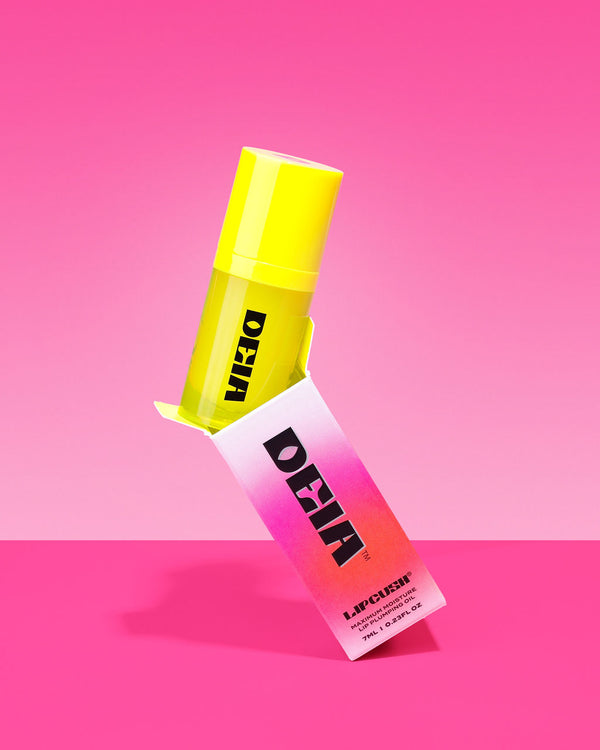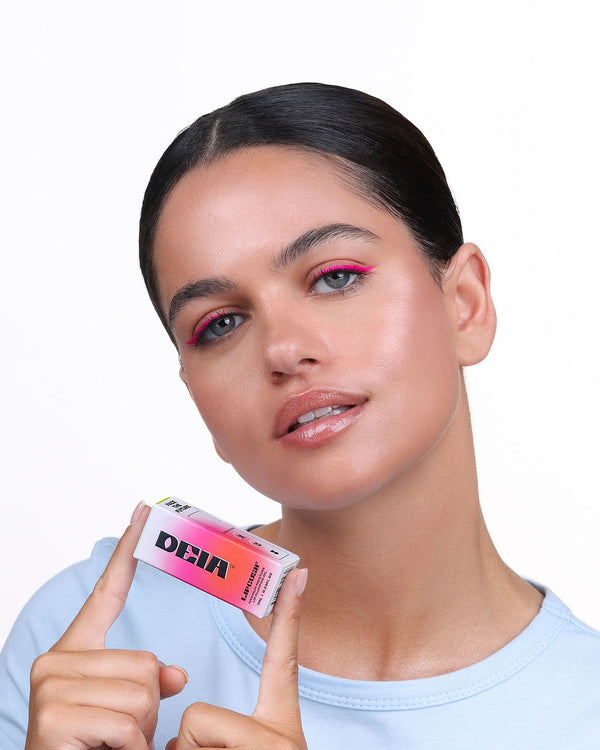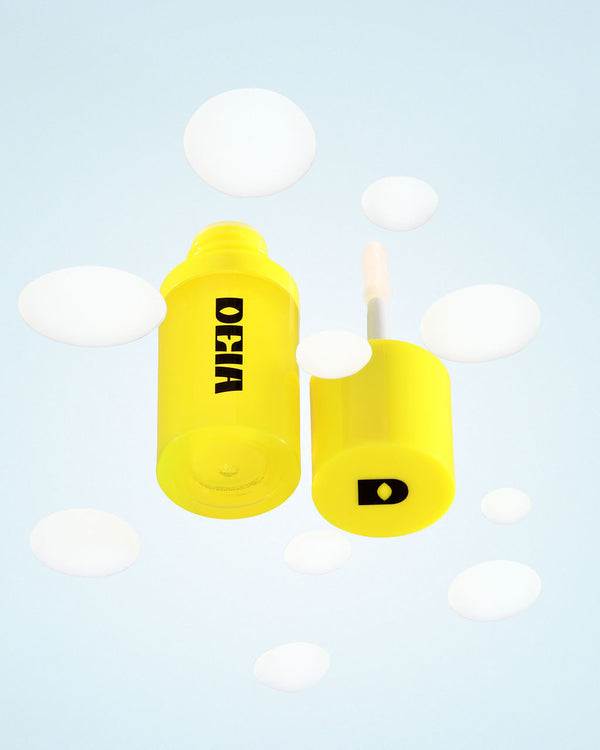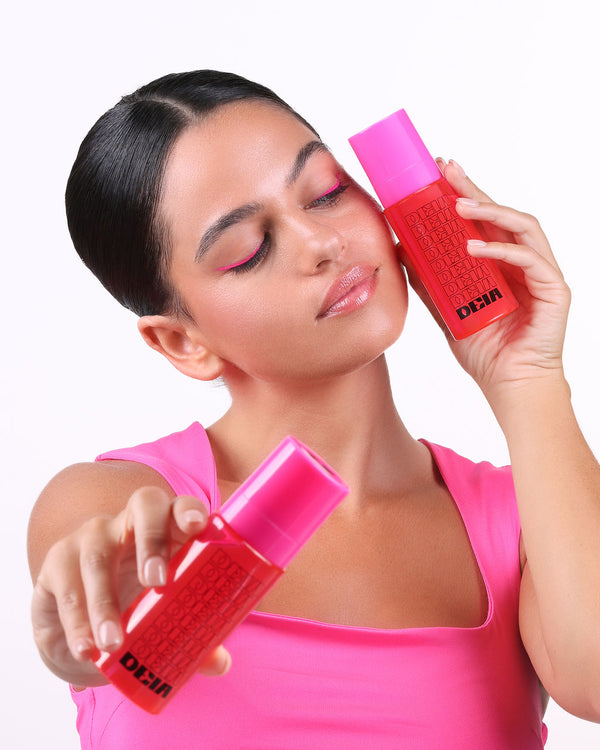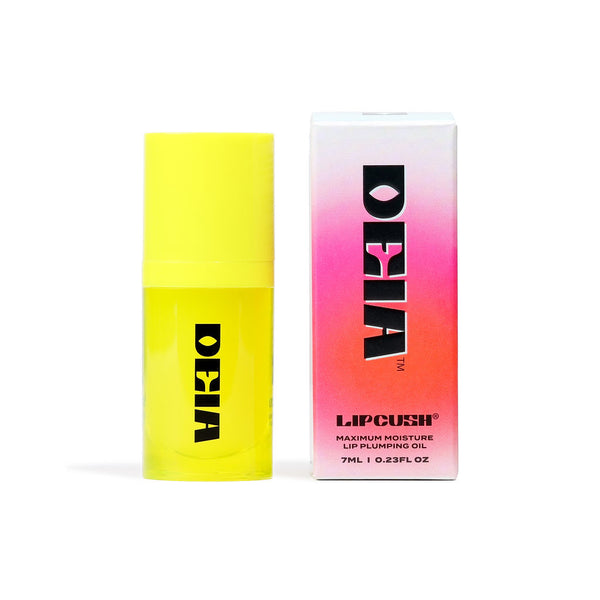
What is clean beauty and why does it matter?
Share
The beauty industry is shifting towards more mindful, consciously crafted products, and at the heart of this is the clean beauty evolution. If you've been hearing more about clean beauty brands and wondering what it really means, you're not alone. Beauty enthusiasts and skincare lovers are becoming more aware of the ingredients applied to their skin and the demand for natural beauty care is growing. Clean beauty has emerged as the solution to more natural beauty care.
So, what actually is clean beauty? It is more than just the viral clean girl makeup looks filling your TikTok feed. At its core, clean beauty refers to products made without harmful ingredients such as parabens, sulfates and phthalates, but without compromising on high-quality, results-driven formulations. While there is no standard definition of clean beauty, we at DEIA COSMETICS® consider that clean beauty products are those formulated without ingredients shown or suspected to harm human health.
At DEIA COSMETICS®, we will never compromise health for results. We are committed to formulating safe, clean products that deliver skincare benefits but are free of ingredients shown or suspected to have harmful health consequences such as skin irritation and hormone disruption.
Our clean beauty formulations mean that every ingredient in our products has a functional purpose. We've deliberately excluded over 35 ingredients known or suspected to harm human health and have called this blacklist Our Clean Beauty Filter.
Some of the ingredients we've filtered out of our formulations include:
- Phthalates, which are used in skincare and makeup formulations because they to help enhance the texture and flexibility of skincare products and makeup formulations. But phthalates can interfere with hormone function and potentially lead to reproductive issues and are also linked to skin irritation and allergies.
- Mineral oils, which are used in skincare and makeup formulations because they provide a smooth, silky texture that enhances the spreadability and application of products. But mineral oils are derived from petroleum and can create a barrier on the skin that clogs pores and leads to breakouts. Mineral oils may also strip the skin of its natural protective moisture barrier and disrupt the skin's ability to retain hydration.
- Polyethylene glycol, which is used in skincare and makeup formulations because it helps to blend ingredients together and allow products to apply more easily on the skin. But polyethylene glycolmay contain impurities such as ethylene oxide and 1,4-dioxane, which are known to be carcinogenic.
- Carbon black, which is used in cosmetic formulations as pigment for black or dark-coloured products. But carbon black is made from fine particles of carbon that may be toxic when inhaled or absorbed through the skin. It may cause skin irritation, allergic reactions and, if inhaled, respiratory issues.
- Benzophenone, which is used in skincare and makeup formulations because it acts as a UV filter and stabiliser, helping to protect products from spoiling when exposed to sunlight. While it serves this preservative function, it is sometimes used in sunscreen products for its ability to absorb UV radiation.an interfere with hormone function and potentially lead to reproductive issues and are also linked to skin irritation and allergies.
Ultimately, it's simple: we think makeup shouldn't give you bad skin. With the clean beauty revolution on the rise, it is clear that a shift towards more mindfully-crafted skincare and makeup products is here to stay. It's time to #facethefuture
